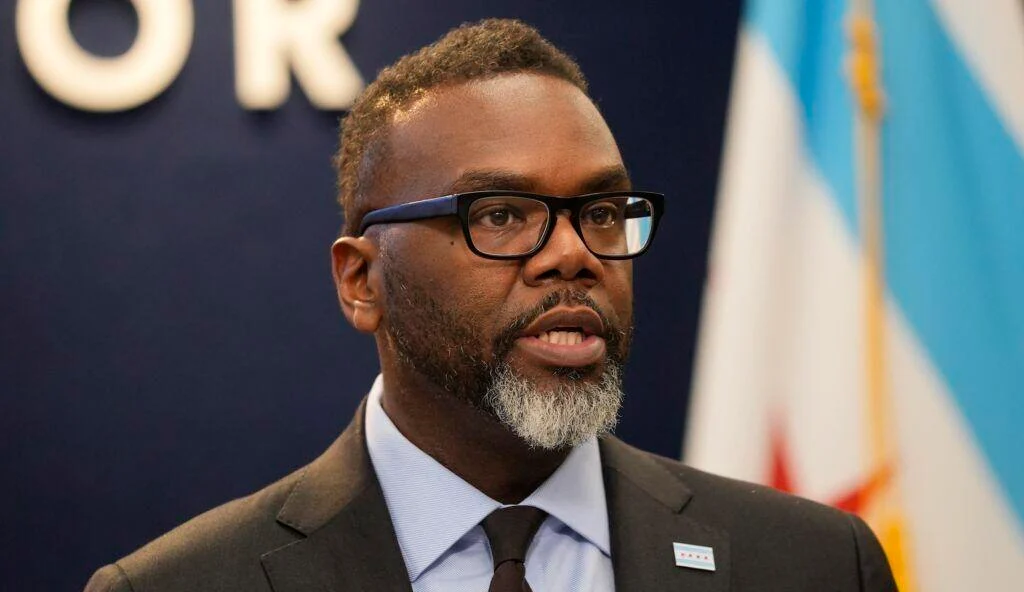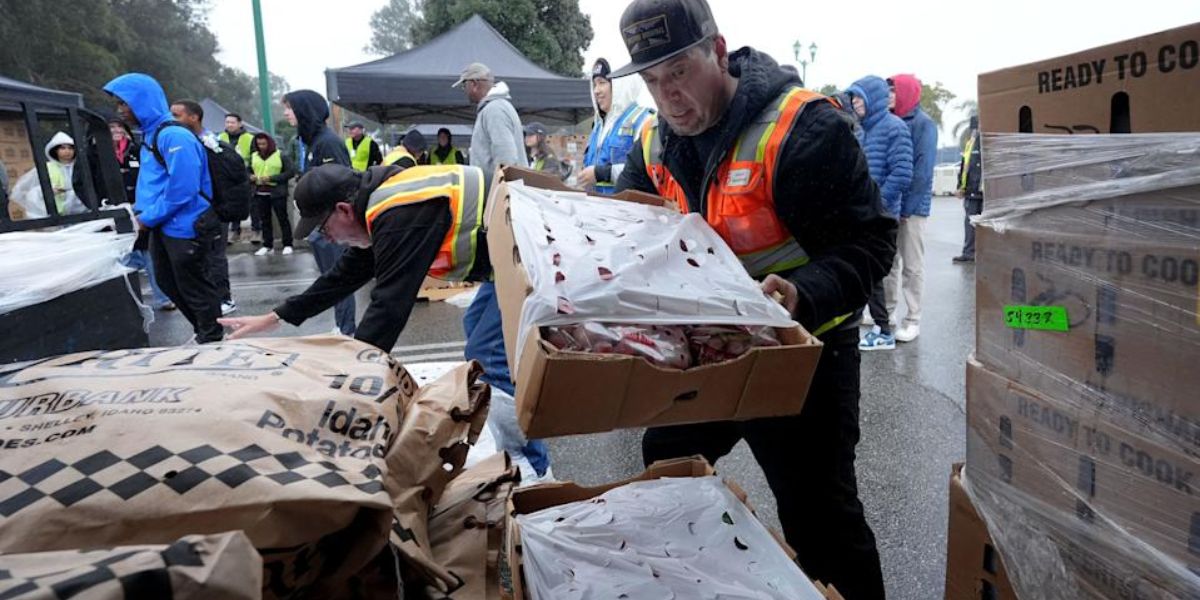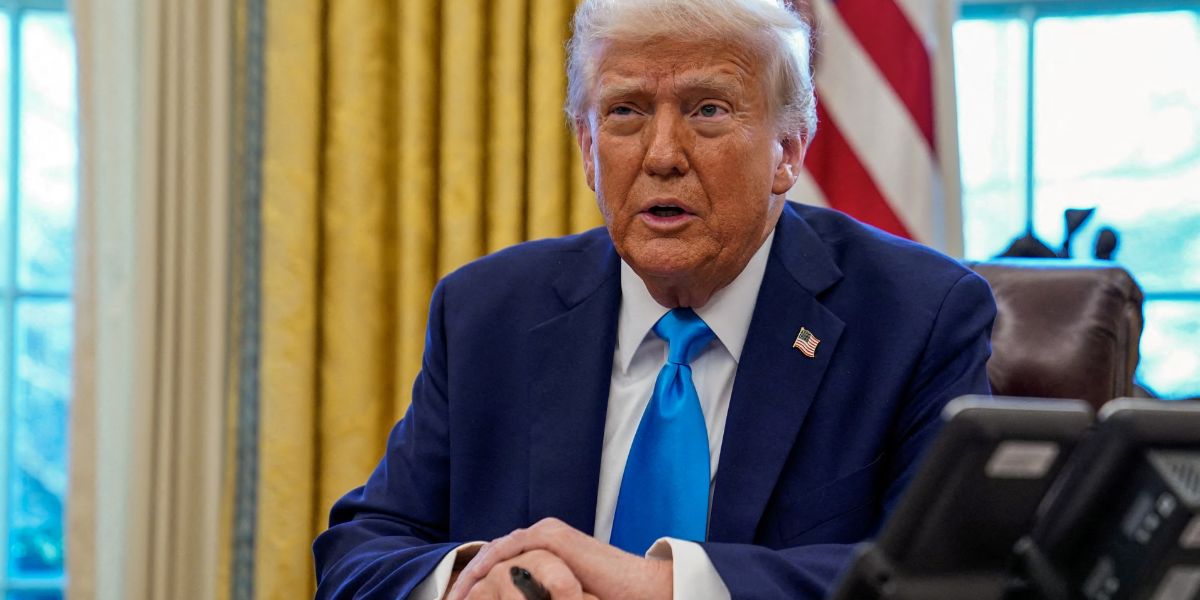Chicago Mayor Brandon Johnson has decided to remove the statue of George Washington from City Hall. However, according to a top aide, this decision is not connected to the fact that the first president was a slave owner.
The statue, located on the fifth floor just outside Johnson’s office, will be removed as part of a plan to update the space. The mayor’s communication director, Ronnie Reese, told the Chicago Sun-Times that the goal is to refresh the area and make it more contemporary. Reese mentioned that there are many Chicago icons who also deserve recognition with statues, such as Ida B. Wells, DuSable, and Harold Washington.
There is no specified timeline for the removal of the statue, and the cost to the city has not been publicly disclosed. Reese noted that Alderman Carlos Ramirez-Rosa is leading the effort to determine the future of monuments and statues in the city. Ramirez-Rosa has proposed creating a public area, like a park, dedicated to monuments, which Reese believes is a good idea.
The plan has faced significant criticism, particularly from Alderman Nicholas Sposato, the chairman of the City Council’s Committee on Cultural Affairs and Special Events. Sposato emphasized George Washington’s critical role in the nation’s history, arguing that Washington’s contributions should be honored rather than removed.
This move by Johnson follows a similar decision by former Mayor Lori Lightfoot, who temporarily removed two Christopher Columbus statues during the Black Lives Matter protests in 2020. This led to the creation of the Chicago Monuments Project, an advisory committee tasked with reviewing 5,000 statues and monuments in the city. The committee identified 41 monuments that could be deemed problematic, including statues of Washington and Abraham Lincoln.
Also Read:
- Mayor Daniella Levine Cava Charts Miami-Dade’s Path to Housing Equity
- Chicago Mayor Johnson Launches ‘Take Back the Block’ Initiative Amid Rising Chicago Violence
George Washington, at the time of his death, owned 317 slaves at his Mount Vernon home. Despite his ownership of slaves, he grew uncomfortable with the institution’s impact on the nation. According to the Mount Vernon website, Washington included a provision in his will to free the 123 enslaved people he owned outright.






